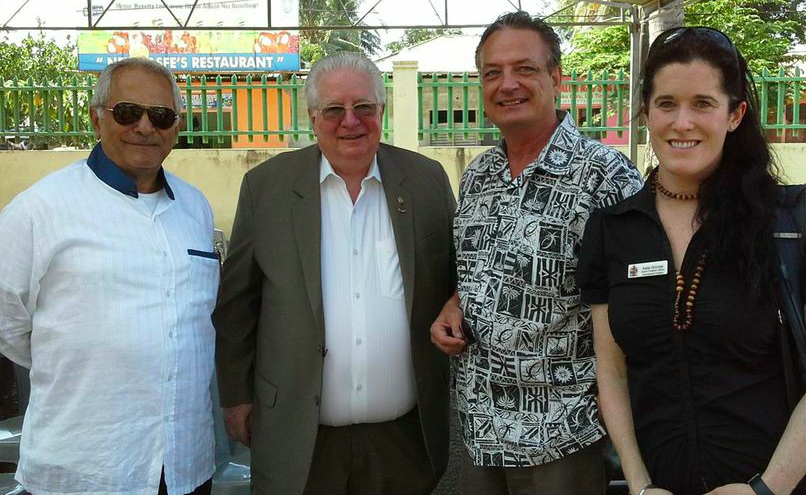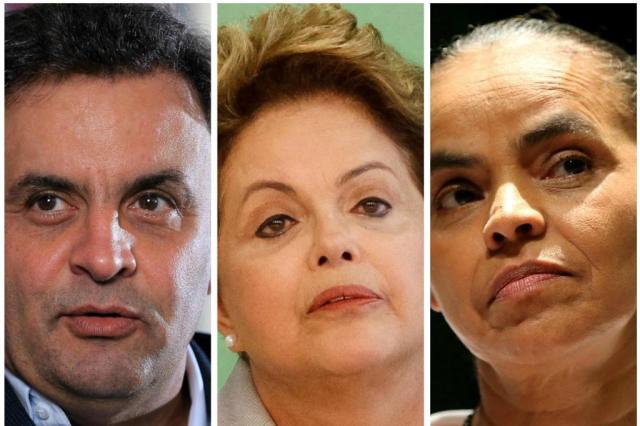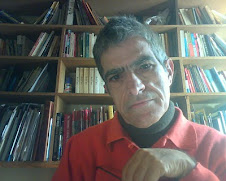Timor-Leste tends to largely stay out of the international spotlight these days, much to the relief of those who have seen it in the headlines for the wrong reasons in the past.
Yet Timor’s proposed
media law [pdf] has turned into news itself, raising
international ire among NGOs, activists and media organisations.
The law would require all journalists to be certified, including bloggers. Foreign journalists would require government permission to report in the country. It would also require the media to “promote the national culture, values and identity” and would create a five-member Press Council that could exercise disciplinary authority, among other tasks.
Human Rights Watch has labelled the law “
repressive”, while
Time wrote of the threat in Timor that “if a government was able to influence broadcast content and put pressure on journalists, it would stand a good chance of disseminating its messages unchallenged”.
Drafts and redrafts have left campaigners unsatisfied, yet Parliament approved the law in May. President Taur Matan Ruak sent the law to the country’s top court to assess whether it was constitutional, and this week, the court
found that it was not. The law now goes back to Parliament, giving activists another chance to push for changes.
In Timor, prominent journalist Jose Belo is leading the charge against the new law, along with think tank La’o Hamutuk (which is helpfully compiling developments and translations
here).
Belo
wrote on
Crikey that the new media law is a “story of insiders versus outsiders, of the rich versus the poor” and that he would refuse to register as a journalist, no matter the consequences.
Belo is no stranger to controversy and has long been an outspoken activist. His
Tempo Semanal newspaper has broken a number of large corruption stories and has had a major role in the state building process in Timor-Leste by pushing for transparency and accountability.
For a presentation to an international anti-corruption conference held in Dili in July last year, Belo
wrote about the newspaper’s history and the challenges it has faced in its work, lambasting those who were more interested in protecting their own interests instead of supporting independent journalism.
… This is no joke. We at Tempo Semanal are considering closing the newspaper because we receive little or no support from those that claim to stand against corruption… The government chokes us like a chicken’s neck, the national and international business community here are too scared to advertise with us because they get all their contracts from the government, and the donor community is too scared to support us because they are afraid by doing so they will undermine their cosy relationship with Government.
But the problems with Timor’s press run even deeper, despite the tenacity of individual reporters.
For starters, the media in Timor is not yet in a position to be profitable, hamstringing its independence. The tiny nation, with a population of around 1.17 million, represents an even tinier media market—radio has the highest audience penetration, but even its weekly reach is only around 55 percent (
UNMIT, 2011 [pdf]). Low literacy levels combined with linguistic diversity, and high production costs leading to high cover prices for papers, mean that newspaper audiences represent just a sliver of the total population and are mostly limited to Dili. It’s little wonder that there is limited advertising revenue for newsprint, especially for papers that may be annoying those in power.
So how do the papers and other media organisations survive? Well, one answer is that they simply run on the smell of an oily rag. Another answer is that UN agencies and NGOs operating in the country have set a precedent of paying to place press releases in newspapers and for the papers, television and radio stations to come out to cover their events, announcements, ceremonies and handshakes. While this may have subsided in line with the reduced presence of the international community in Dili in the last two years, actions by donors in the past have led to the business model of a number of media outlets becoming dependent on a steady stream of, what are essentially (often unidentified), advertorials. You can still get coverage without paying, but some agencies don’t want to take the risk of missing out.
On the one hand, this practice can be seen as a financial stop-gap while other elements needed to support a free and properly functioning media continue to develop. On the other hand, it is pervasive. It allows donors to influence the news agenda and raises them above questioning, when there are a lot of questions that could be asked. The journalists covering these stories are under no inducement to ask interesting questions, making the content dull. It encourages a culture within the media of polite deference instead of inquiry and investigation. And it aids and abets a government that is sensitive to any critical coverage—when content is supplied by agencies and NGOs that are keen to maintain their relations with the government, it is hardly going to be critical, as Belo argues.
Consequently, it seems that there is even less scrutiny of the machinery of aid in much of Timor-Leste’s media than there is of the government. But is heavy-handed regulation the only solution left after the media has failed to be capacity-built into professionalism through workshops?
Belo himself has
criticised some of the media development initiatives run by donors, as have other organisations. For example, Freedom House
writes that there is evidence to suggest that internationally funded media assistance “has contributed to what some Timorese journalists call a “project mentality,” in which news organisations become dependent on grants from non-state actors and find it difficult to be independently sustainable”.
Besides advertising from business and the international community, the government itself is the major financial backer of the Timor-Leste media, through advertising, through direct state support and through
subsidies [in Tetum]. While our ABC shows that it is possible to have independent state-funded media, this is a more precarious proposition in Timor, given the sensitivity of the government to criticism. There are also problems in the relationships between government officials and journalists—there are
reports of poorly-paid journalists receiving kick-backs from government officials for positive coverage, while other journalists and bloggers
cannot access the information they need to accurately report.
On top of all this, the mobile revolution has been slow to take off due to a long-running telco monopoly (only broken by the entry of Telkomsel at the beginning of 2013). So unlike other countries in the region, where strong public momentum on social media and blogs has subsequently challenged the mainstream media to better perform, this counter voice is still subdued. The future development of online citizen journalism could also be threatened by the proposed law.
In a context of
increasing concern around corruption and public spending, the arguments of the government about the law being necessary for quality ring hollow, as does the reasoning that the law will enshrine journalism as a profession with protections.
This law will not solve the quality challenge facing the Timor press. New voices, increased competition and stronger demands from audiences are probably the best hopes, and they cannot be legislated into existence.
Instead, there is a real threat of increasing self-censorship by publications and individual journalists to mitigate their financial and legal risk in the face of the new sanctions that can be imposed under the law, and a real threat to the freedom and diversity of the Timor-Leste media. As media ethicist Mark Pearson
advised in a speech in Dili last year, “once media laws have been introduced it is hard to claw back eroded freedoms”.
As the resources boom offers up a once in a lifetime opportunity for Timorese to climb out of extreme poverty, the country needs independent watch dogs and checks and balances on government spending and actions. In light of all the progress that has been made since the dark days before independence, a new law threatening press freedom would be a troubling backward step.
Ashlee Betteridge , Research Officer at the Development Policy Centre.














